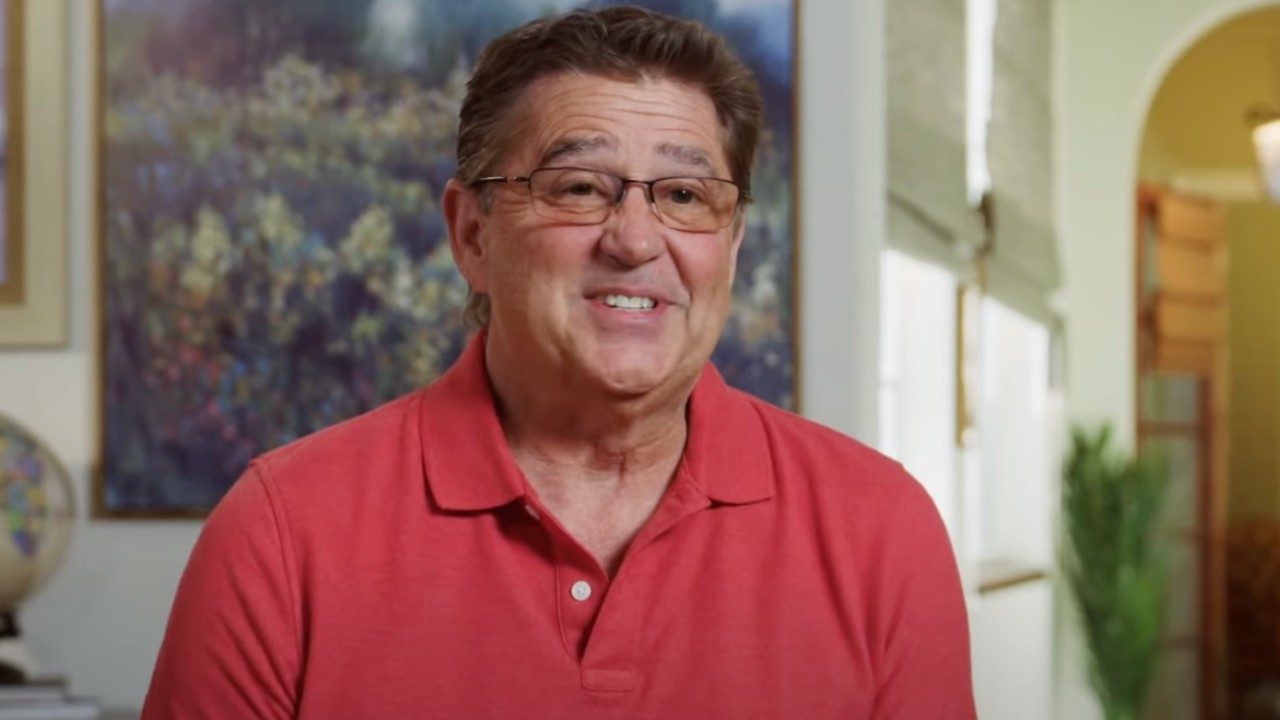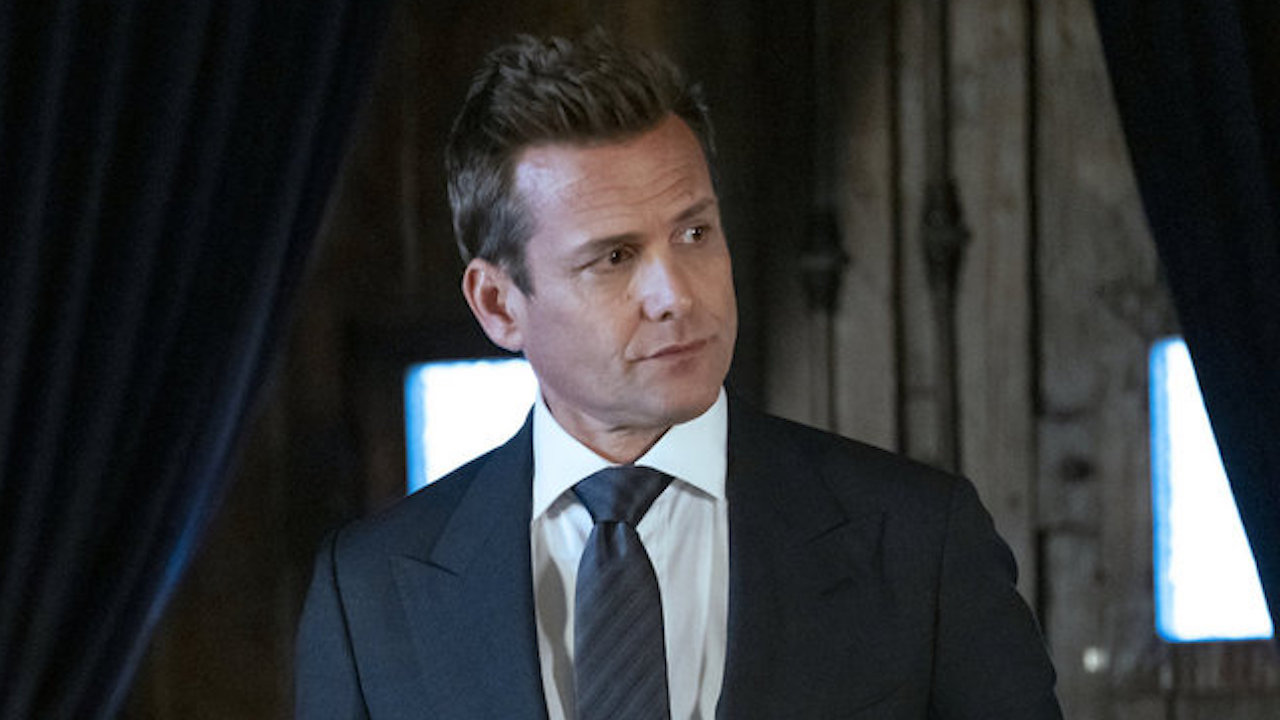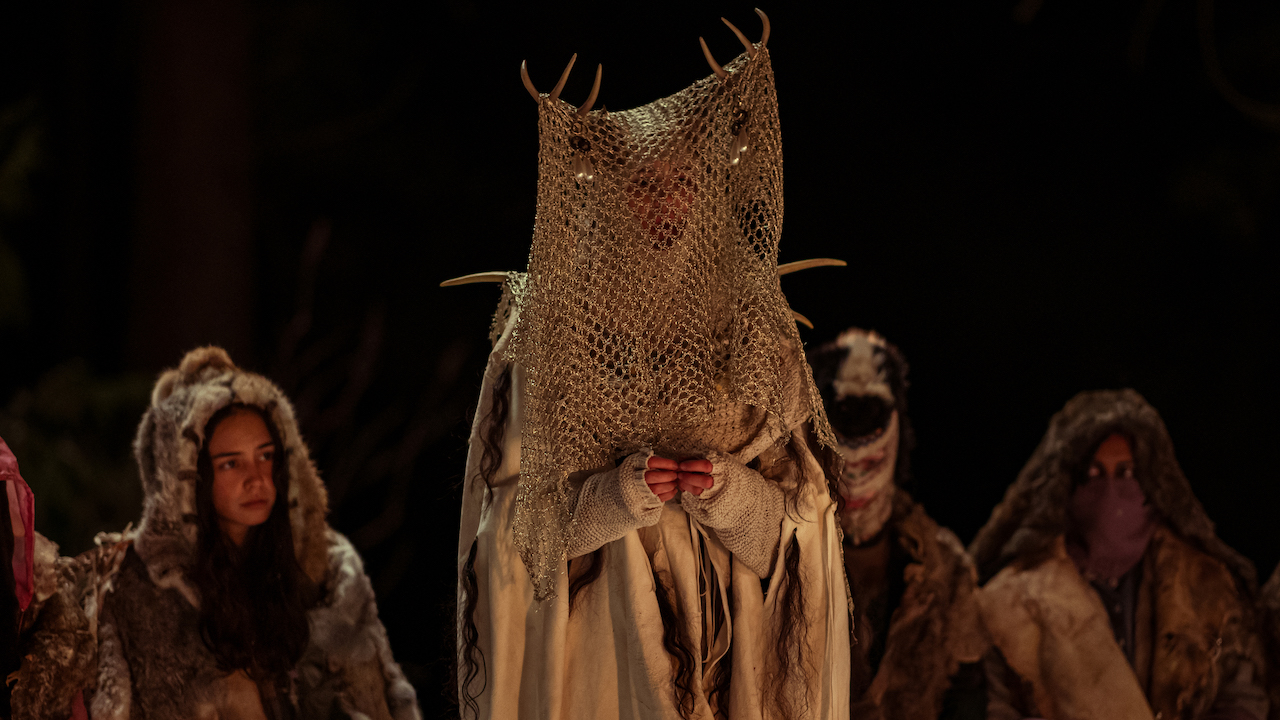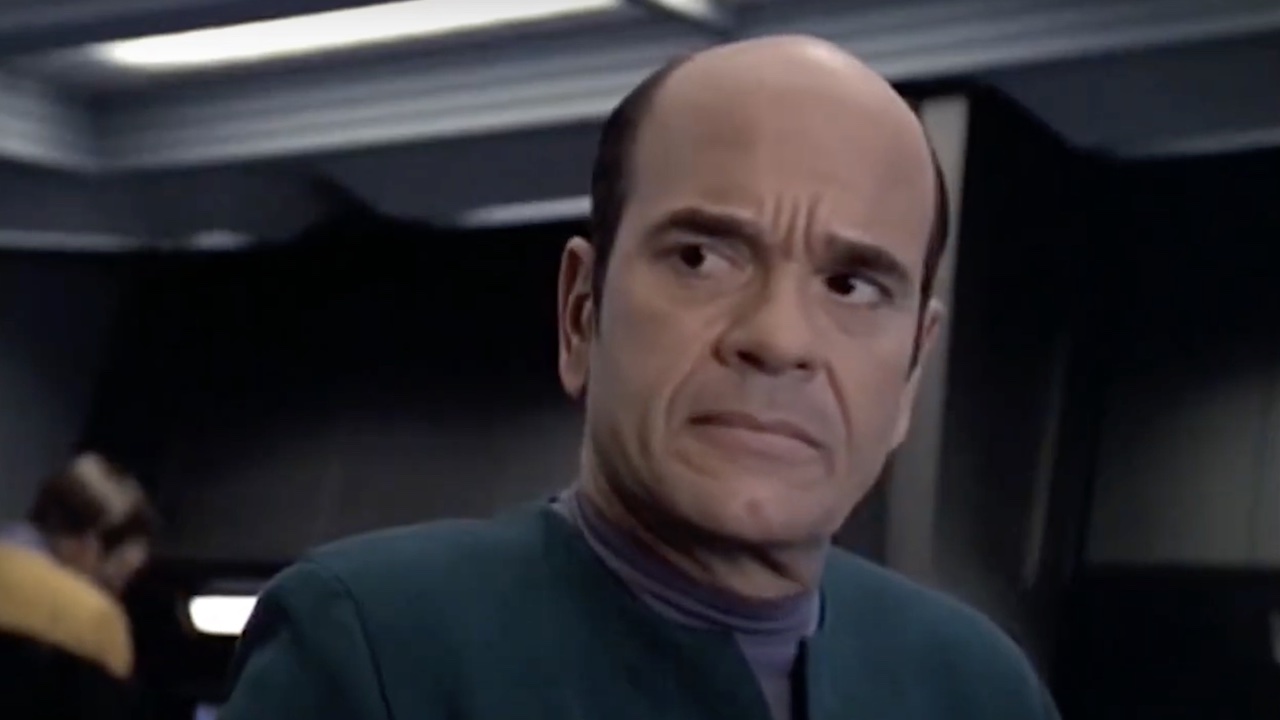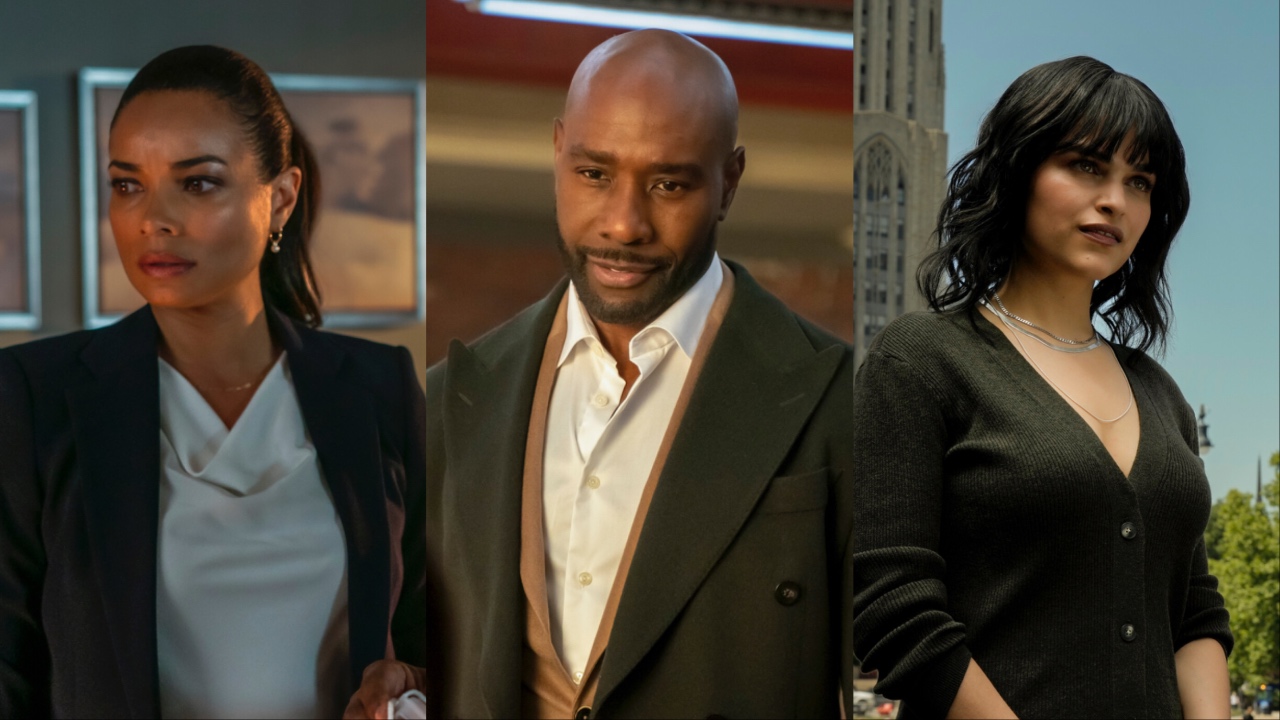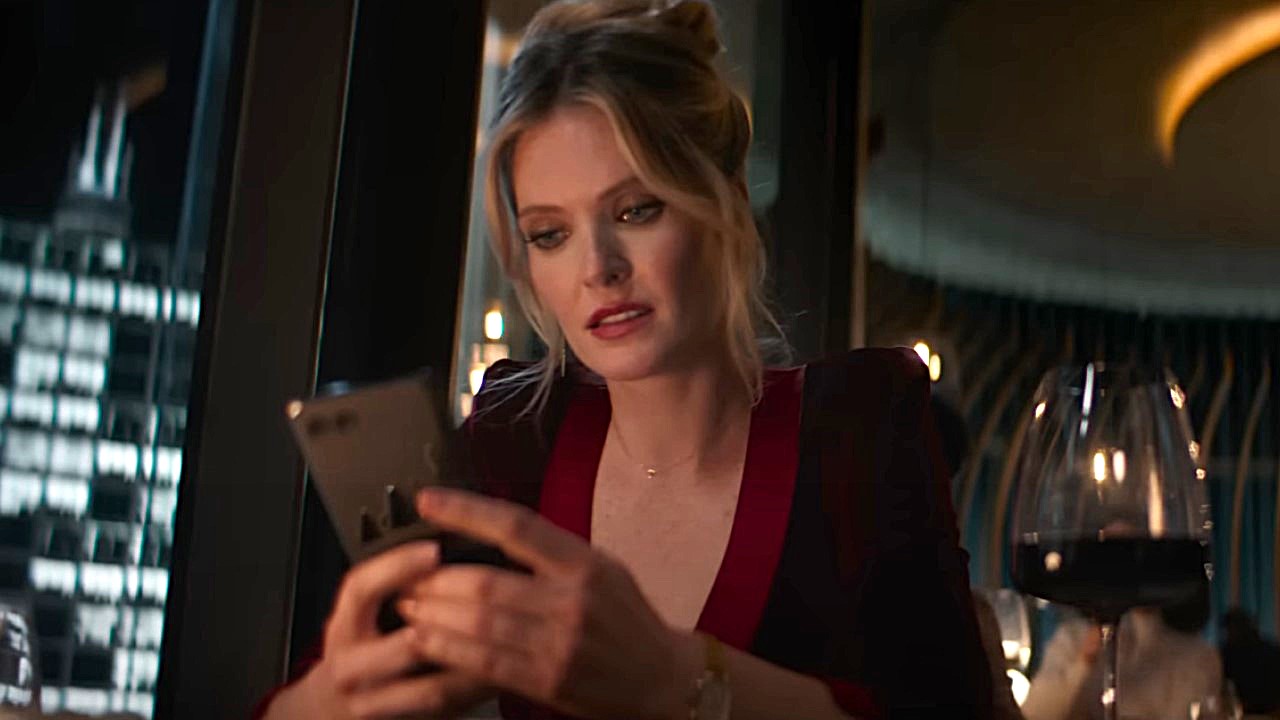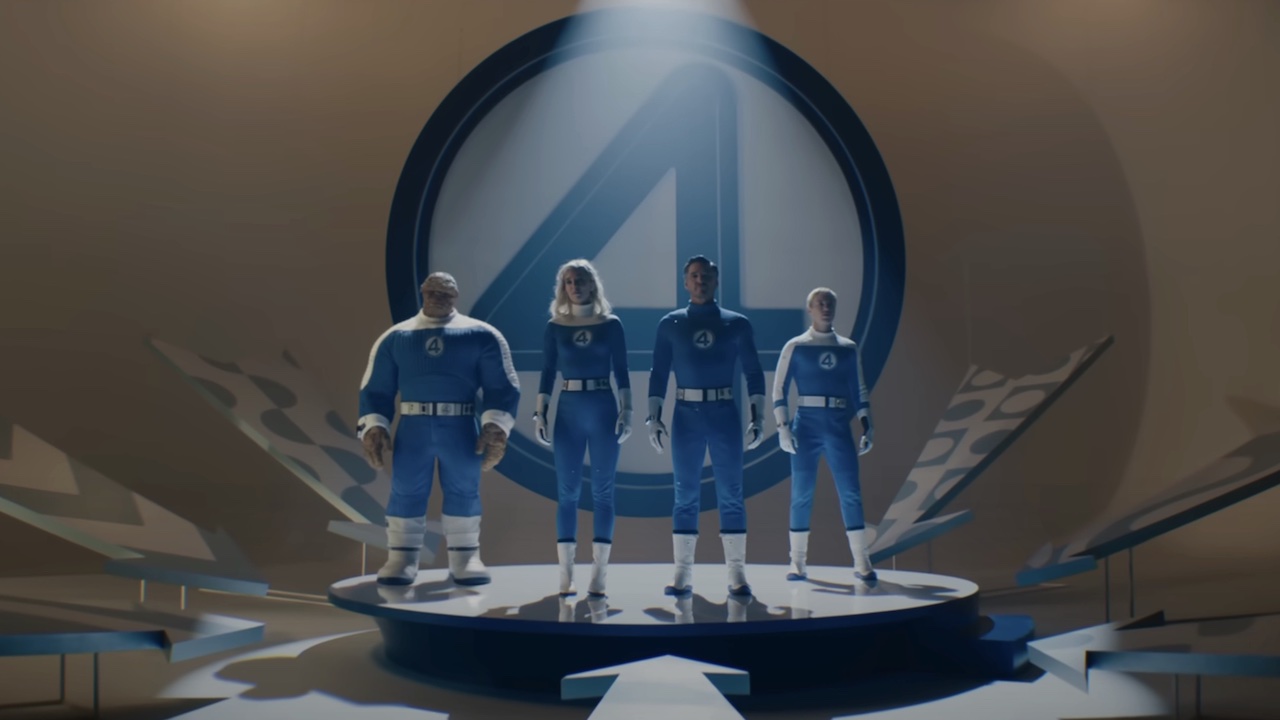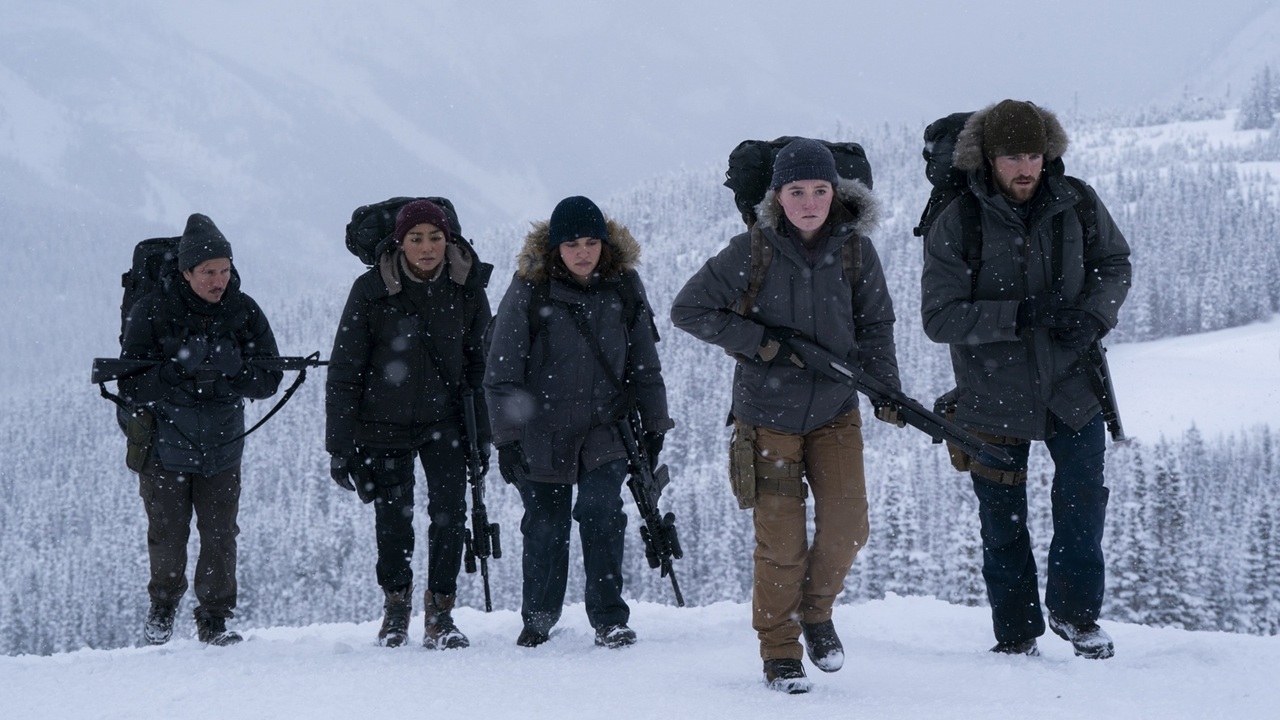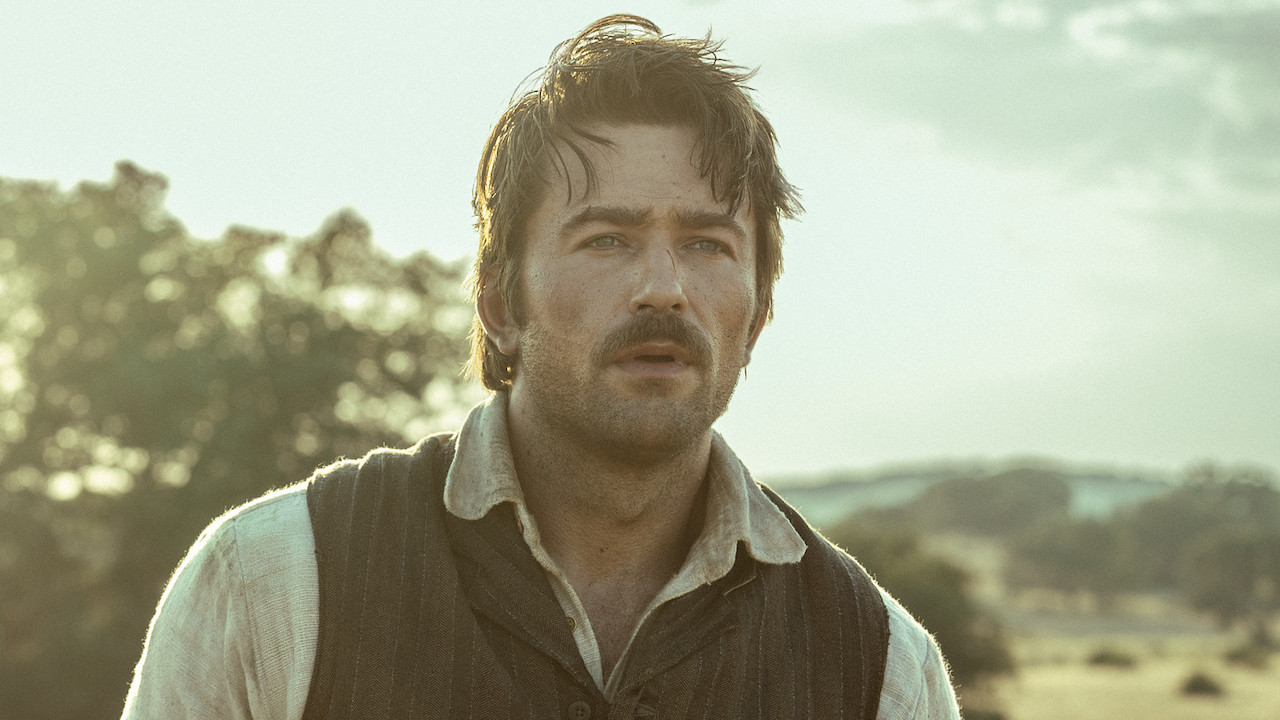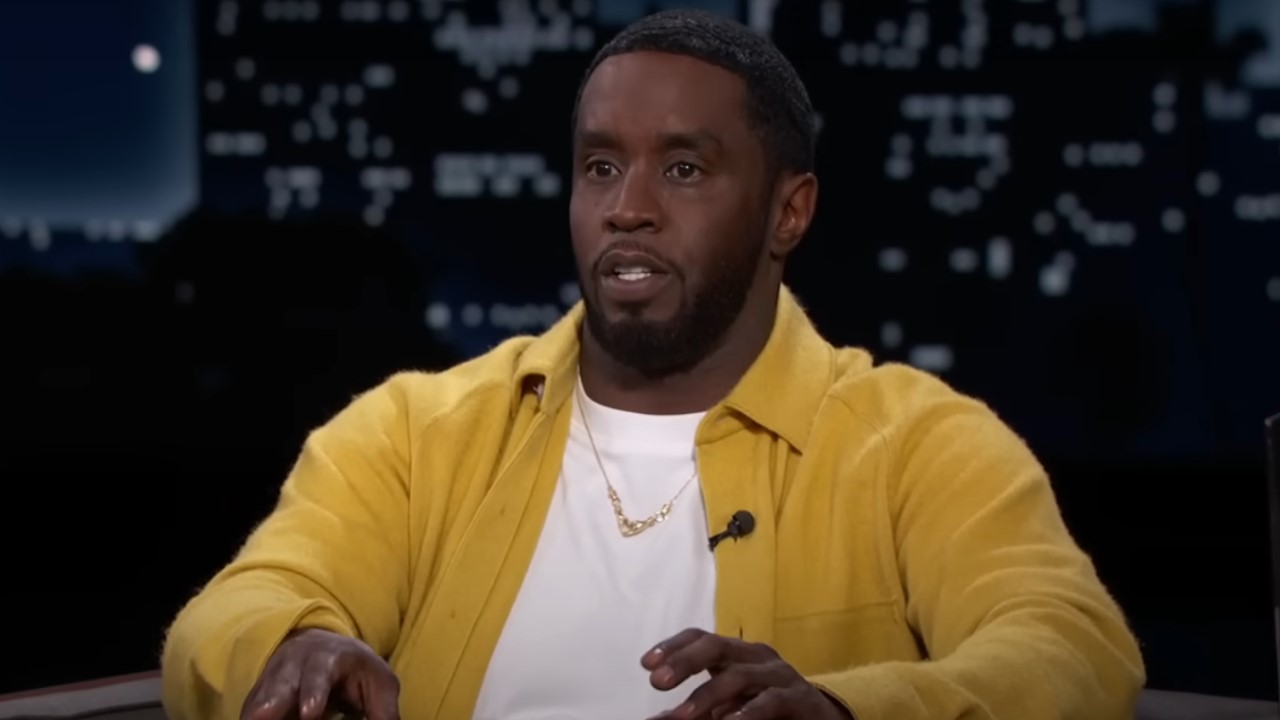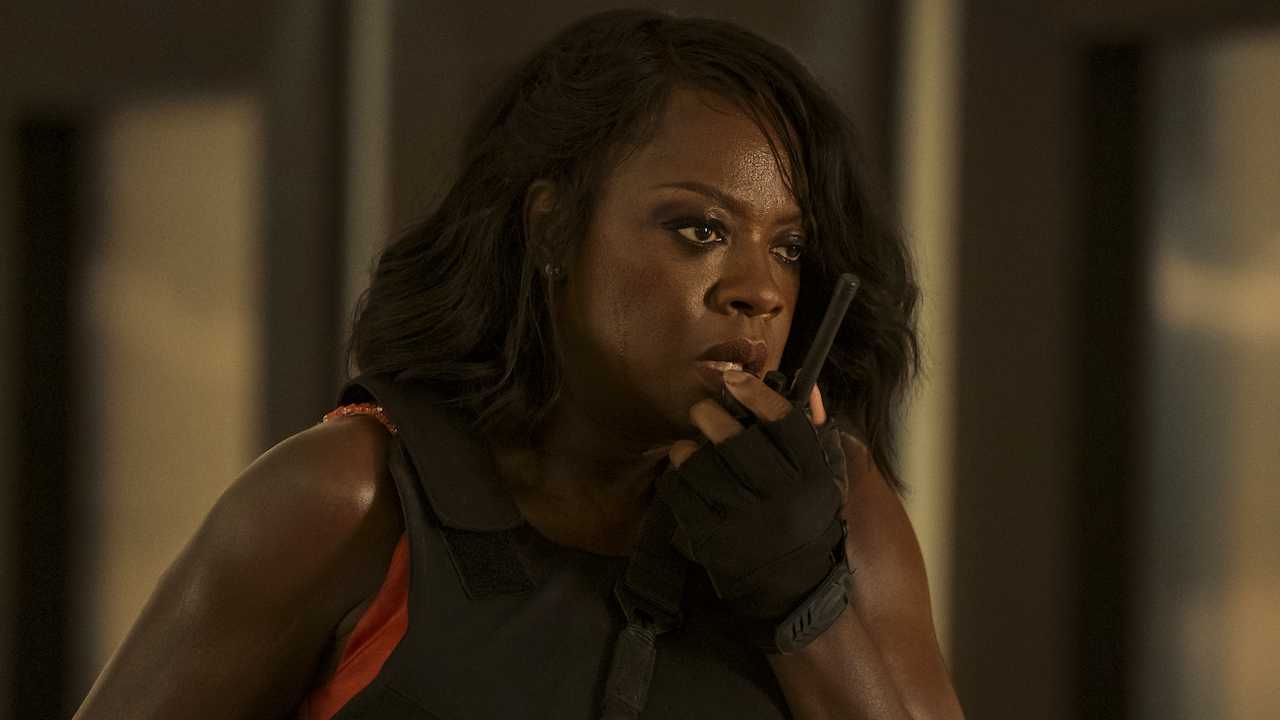The Snyder Cut Release Should Not Set A New Precedent In Hollywood
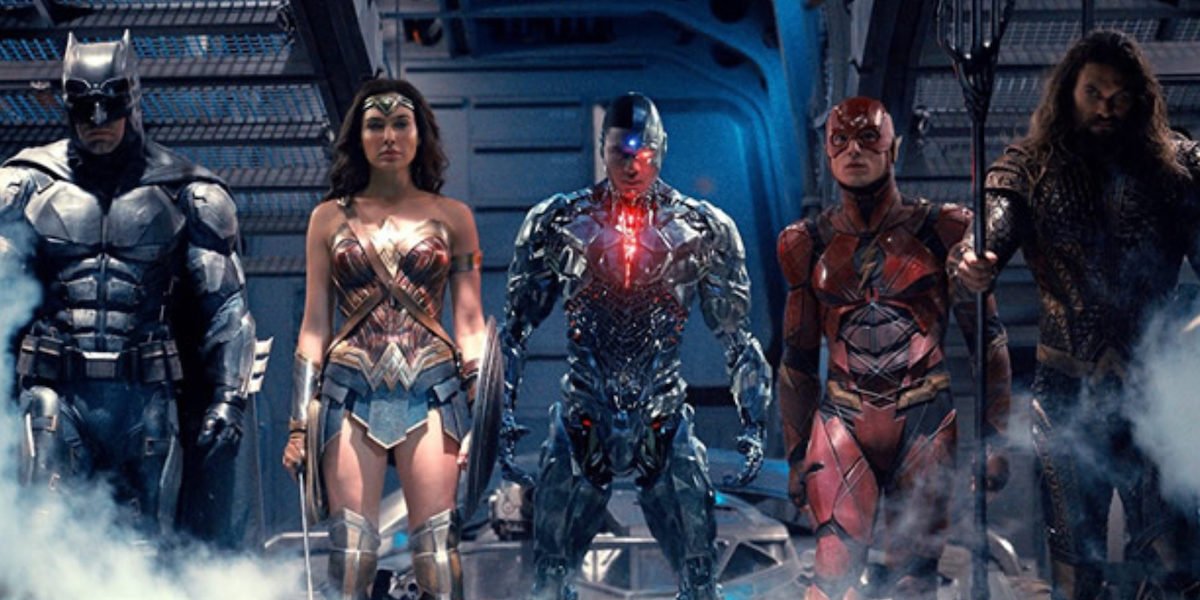
For DCEU and Justice League fans, May 20 is a day that will live in infamy. After two-plus years of campaigning, physically willing it to happen, the Snyder Cut movement got the announcement they’d dreamed of hearing. Zack Snyder’s Justice League was going to see the light of day. It will be coming to HBO Max in 2021, after the director conducts some reshoots and films additional content. It might be a four-hour cut. It might be an episodic series. Plans are being finalized, but it’s coming.
Naturally, there were celebrations. The fan base rejoiced, finally able to cross a finish line that seemed to be miles away at every step of the journey. Justice League cast members rejoiced, as well. Tell ‘em, Jason Momoa!
And then, select Twitter users started to look ahead, instead of stopping and appreciating the moment. Some began to lobby for the eventual release of David Ayer’s true cut of Suicide Squad (as there have been numerous rumors about studio tinkering on that film’s behalf). Comic book icon Rob Liefeld laundry listed a handful of projects that he wants to see in the wake of the Snyder Cut family succeeding in getting their lost movie released.
And while I proudly consider myself a champion of the Snyder Cut movement, and celebrated incredibly hard when Zack Snyder finally was able to announce plans to release his vision for Justice League, I really don’t think this should establish a precedent whereby every movie that was compromised during production gets to release its alternate cut.
The circumstances surrounding the Snyder Cut are impossible to replicate. Zack Snyder had concluded his filming and was in post-production on his movie when he had to step away in May 2017 to be with his family following the death of his adopted daughter, Autumn. Avengers director Joss Whedon, who already had been hired to punch up scenes with more levity, was tasked with overseeing reshoots. But they ended up being extensive, and the theatrical cut of Justice League didn’t resemble Snyder’s vision in the least bit.
One shouldn’t hire Whedon to continue Snyder’s vision. The storytellers have completely different voices. This speaks volumes as to how and why the theatrical cut of Justice League turned out the way that it did. Keeping the film’s original release date also prevented Whedon from completing HIS take on the material. The situation was essentially doomed from the start.
Other films that position themselves as unfinished made compromises during the production cycle, but that’s not to say they’ve earned the right to go back and release a reassembled cut of their original footage. More often than not, the filmmakers were released early (or earlier) in the process, and didn’t produce enough footage to complete their Cut. Phil Lord and Chris Miller, for example, probably could tell people what their vision for Solo: A Star Wars Story would have looked like, but it appears that Ron Howard did the bulk of the filming, leading to that film’s theatrical release.
CINEMABLEND NEWSLETTER
Your Daily Blend of Entertainment News
To me, Zack Snyder’s Justice League is the lone outlier, the exception that proves the rule that while filmmaking is a collaborative process, even changes that happen behind the scenes on massive movies usually are a result of some compromise between filmmaker and studio so that a movie can make its release date.
Snyder never agreed to that compromise. He left a project, after completing MOST of the work on it, and the studio changed it without him. He fully supported the idea of his alternate cut getting released, and that vocal support led to this week’s announcement.
Usually, the filmmaker who agreed to the compromise bites the bullet and plays the game. David Ayer, for example, did the press tour for Suicide Squad, and promoted the version we saw in theaters. Tony Gilroy might have done reshoots for Rogue One, but Gareth Edwards (Godzilla) took proper credit for helming that Star Wars blockbuster. Trying to mount a campaign to revive that 2016 vision seems pointless.
Even when a director has a semi-complete version of a butchered film – like Josh Trank reportedly does for his butchered Fantastic Four – the filmmaker tends to move on and not look back. Trank recently made the rounds on behalf of his new film Capone, and he graciously spoke about the lessons that he learned from the Fantastic Four debacle.
But if you asked Josh Trank if he’d be willing to go back and retool Fantastic Four to fit his original vision, my guess is that he’d politely tell you, “No thanks.”
Zack Snyder didn’t move on. Zack Snyder didn’t agree to the compromise, and he never supported the version of Justice League that came out in theaters. I truly believe that that circumstances that swirled around the Snyder Cut were unique… almost once-in-a-lifetime. They justified the unusual compromises that have been taking place between HBO Max and Warner Bros.
But I also, at the same time, don’t see this as a Hall Pass for any filmmaker whose vision was compromised during the production cycle to lobby for their cut to get released. Unless your name is Sir Ridley Scott. From Blade Runner to Kingdom of Heaven to Alien, that man seems to produce much better films after his theatrical cuts have played out. For real, he has like five different versions of Blade Runner, and I honestly can’t decide which one is better.
How about you? Do you believe that what happened with Zack Snyder is a standalone accomplishment? Or are you more in line with Rob Liefeld, and think this could be a major breakthrough for filmmakers who want to point at an example when arguing with studios to say, “This happened for Snyder. Let’s make it happen for me!”
The existence of streaming services does provide a unique platform that could support alternate cuts of movies that we didn’t get to see before, Disney+ dropping an unfinished Lord and Miller cut of Solo: A Star Wars Story might break the Internet. I just don’t believe that any other disrupted film can make as strong of a case as the Snyder Cut community was able to make, and that’s what sets them apart from any and all of the rest.
But vote in the poll below, and then hit the comments to elaborate how you feel about this process moving forward.
This poll is no longer available.

Sean O’Connell is a journalist and CinemaBlend’s Managing Editor. Having been with the site since 2011, Sean interviewed myriad directors, actors and producers, and created ReelBlend, which he proudly cohosts with Jake Hamilton and Kevin McCarthy. And he's the author of RELEASE THE SNYDER CUT, the Spider-Man history book WITH GREAT POWER, and an upcoming book about Bruce Willis.
